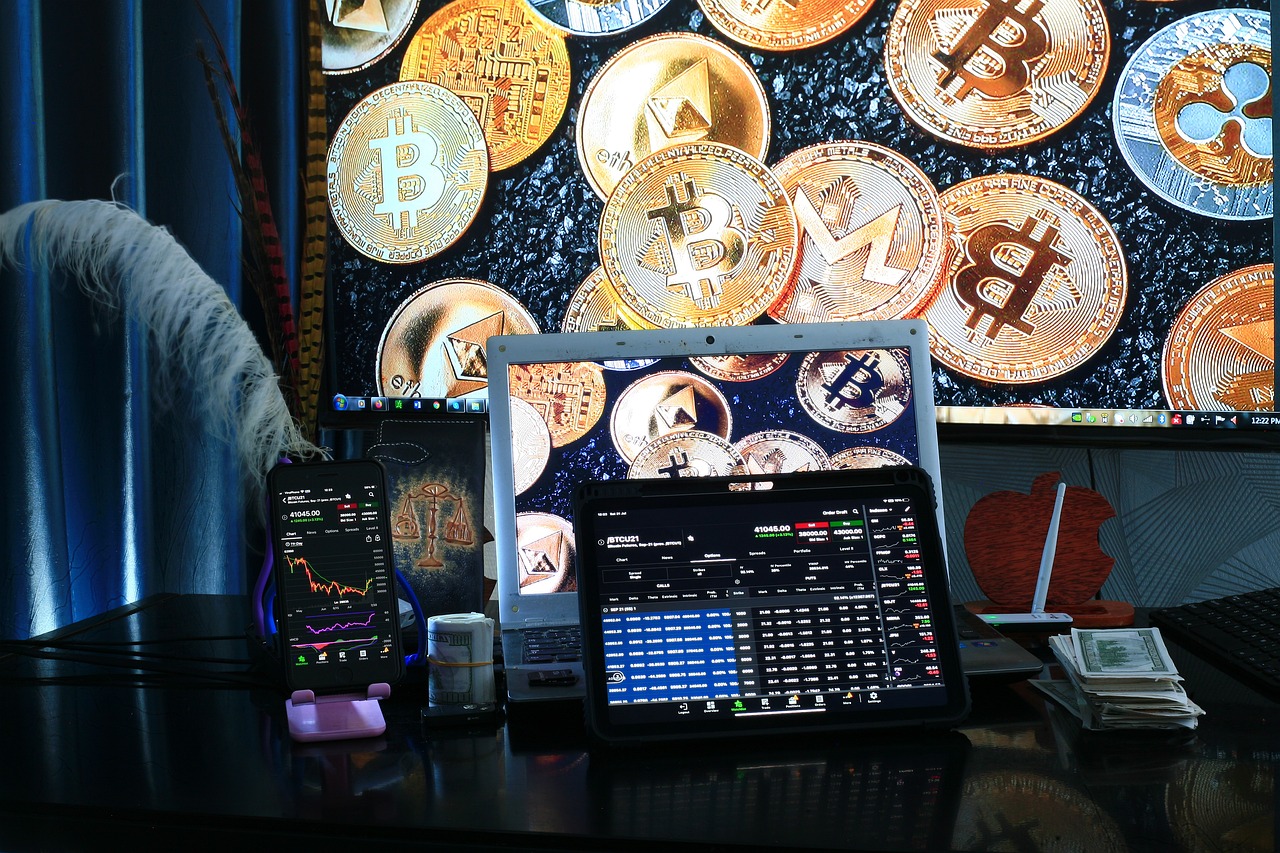A much-needed boost of optimism swept Nigeria’s financial markets this week as the beleaguered naira regained significant ground against the US dollar. This surprising turn of events will impact investments, costs of goods, and economic stability across the country.
You may be wondering: how could this happen amidst the ongoing currency crisis? Why should I care if the naira rallies? Read on to understand the key drivers behind this rally, what it means for your financial health, and how you can make the most of the moment.
What Drove the Sudden Rebound?
On Monday, December 4th, the naira appreciated sharply against the dollar by 9.6%, closing at 837.77 per $1. This sudden surge reversed months of precipitous declines, bringing much-needed stability.
Three main factors powered this rapid rebound:
- Easing Liquidity Pressures: Nigeria has faced severe dollar shortages in 2022, driving black market exchange rates upwards of 1000 per $1. But recent policy changes to boost liquidity have steadied markets. The Central Bank’s Special Secondary Market Interventions have injected billions back into the system.
- Higher Oil Revenues: As a major oil exporter, Nigeria relies heavily on petrodollars. Prices rebounded in 2023 from pandemic lows, exceeding $80 per barrel and bringing much-needed forex into state coffers. This is improving import cover and stabilizing currency markets.
- Policy and Regulatory Support: The Central Bank has implemented several interventions this year to defend the naira, curb speculation, and ease shortages. Import restrictions, higher interest rates, and direct dollar injections into markets have started yielding positive results. Tighter regulations have also reduced over-invoicing of imports, a corrupt practice that bleeds currency reserves.
As liquidity and supply dynamics improve, positive momentum has returned, bringing the battered naira back from the brink—at least for now.
How It Benefits Your Finances
For the average Nigerian, this currency rally brings much-needed relief from runaway inflation and economic instability. Here’s the financial upside:
- Lower Import Costs: With the naira gaining ground, vital staples like fuel, food, and manufactured goods will become cheaper to import. This should ease some inflationary pressures.
- More Purchasing Power: A stronger naira translates into stronger personal finances. Your savings will stretch further, whether buying goods, paying bills, or investing. This added stability helps household budgets.
- Less Currency Volatility: 2022 saw wild swings for the naira, making financial planning difficult. This recovery suggests markets are stabilizing, reducing uncertainties. With less volatility day-to-day, Nigerians can better forecast costs and make informed money decisions.
- Increased Spending: Historically, currency gains have boosted consumer confidence, encouraging economic activity and commerce. If the naira uptrend continues, discretionary spending may increase, providing a much-needed spark for domestic industries.
Of course, one week does not negate larger economic challenges. But some financial breathing room has emerged amidst the chaos.
What’s Next for Nigeria’s Currency?
Can the naira maintain these gains, or will bears regain control? Predicting moves is difficult, but all indications suggest the positive momentum can continue.
Much depends on oil markets and global recession risks in 2023. Yet several advantages now favor the naira:
- Healthy trade surpluses from oil exports
- Improved policy and regulation surrounding forex
- The ability to tap extensive international reserves if required
- Government commitments to infrastructural reforms that encourage business investment
However, threats persist. Any declines in oil prices, upticks in imports, or unwise fiscal decisions could quickly destabilize progress. And with elections forthcoming, political uncertainty looms.
For sustainable strength, Nigeria must address endemic problems like unemployment, unrest, and corruption while diversifying the economy beyond oil dependence. Systemic change takes time.
The path forward remains rocky, but the recent rebound offers hope of better days ahead. Perhaps the naira has reached its nadir and found a floor. Pay close attention in the coming months to observe if positive momentum endures.
How to Capitalize on Currency Swings
Savvy Nigerians should view exchange rate volatility as an opportunity rather than a threat. By understanding moves and mispricings in currency markets, substantial profits await.
Here are tips to capitalize on swings:
- Watch the NAFEX Rate Daily: This official interbank rate gives the most accurate, real-time snapshot of market conditions. Compare against parallel rates to spot discrepancies.
- Learn Technical Analysis: Indicators like moving averages and momentum track naira trends. Identify support, resistance, and ideal entry/exit points for trades. Platforms like MetaTrader 4 offer robust charting.
- Open a Dollar Account: Rather than having savings eroded by inflation or depreciation, open offshore accounts in stable currencies like the USD. FBN offers domiciliary accounts paying attractive yields.
- Trade Money Markets: Banks like UBA provide currency swap facilities for corporations and institutional investors. Leverage arbitrage opportunities between NAFEX, parallel rates, and oil exports.
- Consider Bitcoin: Cryptocurrencies like Bitcoin can protect against currency debasement and provide exposure to global markets. Luno’s crypto wallet and exchange make Bitcoin simple to buy with small amounts.
Stay nimble and seize opportunities as market conditions fluctuate. With prudence and understanding, the ongoing volatility offers substantial chances to profit.
Bottom Line
The naira’s sudden surge this week against the dollar defied all odds, bringing optimism back to Nigeria’s financial landscape. While economic challenges persist, lighter liquidity pressures, recovering oil revenues, and supportive policies have combined to put a floor under the beleaguered currency—at least for now.
As the naira stabilizes, Nigerians benefit from lower costs, added purchasing power, reduced uncertainties, and possible economic boosts. Trends remain unpredictable, but significant advantages now favor continued gains rather than collapses to new lows.
Savvy individuals should watch rates daily, learn technical analysis, open dollar accounts as safe havens, or explore swap trading to profit from mispricings. With careful attention and skillful maneuvering, substantial gains await during this time of turbulence.
The road to prosperity never runs smoothly, but Nigeria appears to be through the worst of its currency storm. Better days seem ahead. With prudence and perspective, both the nation and its people can emerge stronger from these trying times.
